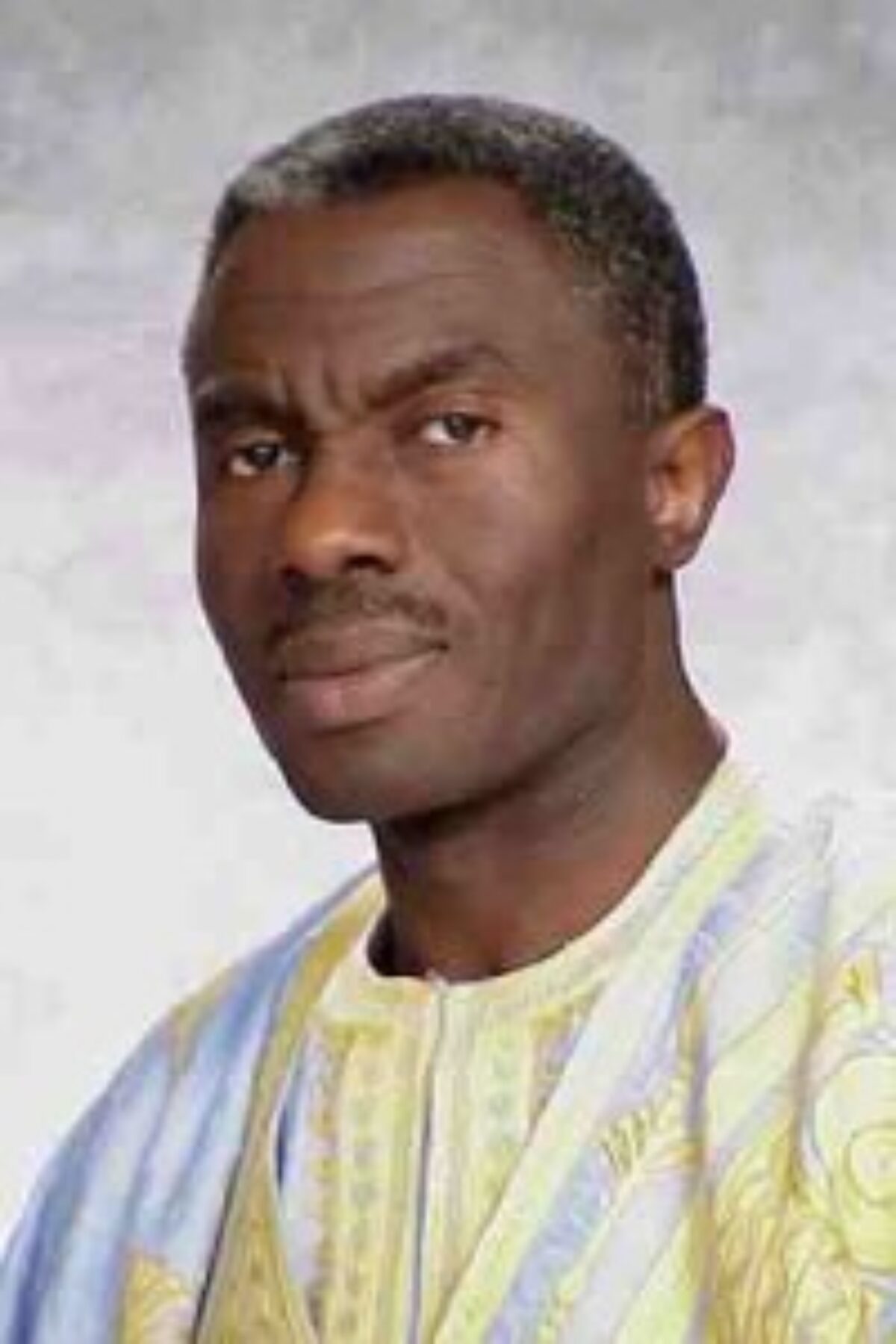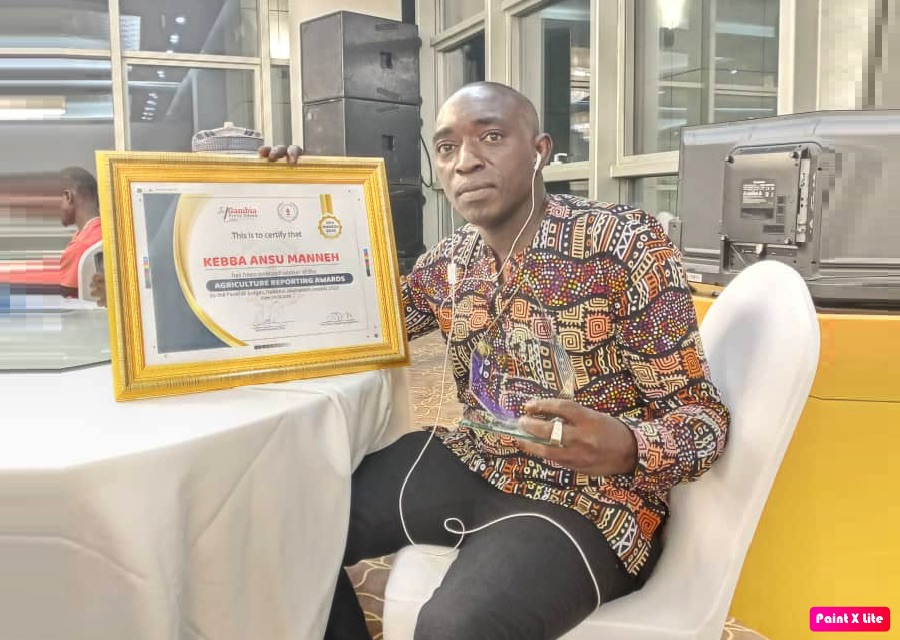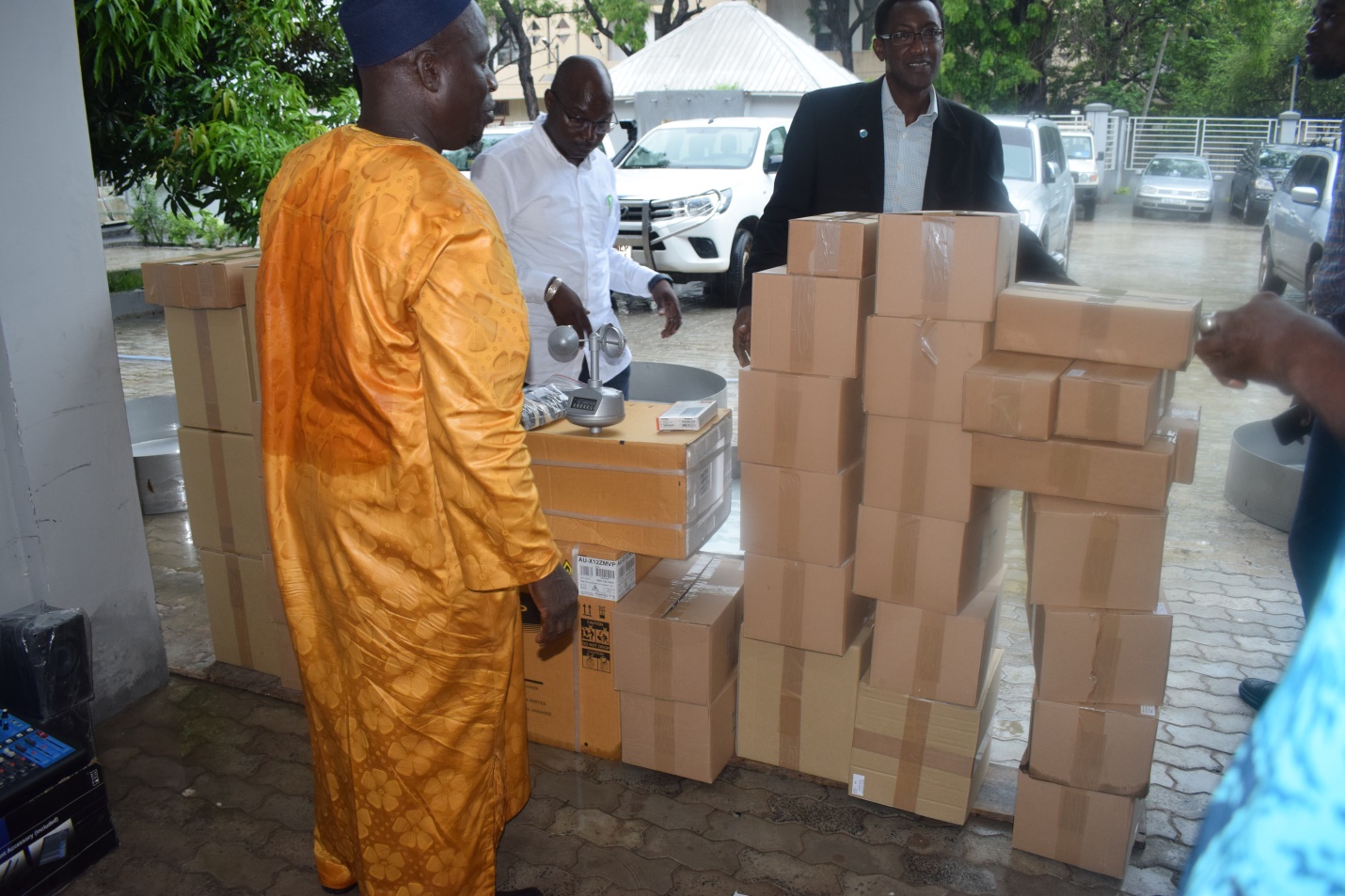By: Ousainou Mbenga
The principle that in unity lies strength is best exemplified by the strategic alliance between Burkina Faso, Niger, and Mali – three Sahelian landlocked nations bound by a historically determined necessity. This union stands in defiance to abort the treacherous plans of invasion by the neocolonial entities of the African Union (AU) and Economic Community of West African States (ECOWAS), which have sought to undermine their sovereign self-determination.. Had these comrades made the fatal mistake and chosen to fight in isolation, AU, ECOWAS and their financiers would have welcomed and celebrated the ensuing blood bath, mirroring the proxy wars littering and devastating the African continent.
The close proximity of the three states promotes a strategic coordination to fight back the reactionary “Jihadists” and “colonialists in black faces” alike. Conversely, at the time of the great union of Ghana, Guinea and Mali in 1958, distance between the countries and the hostilities from the “Obedient Boys of the British Empire” (OBE) and its French counterpart, particularly Ivory Coast, then in the clutches of president Houphouet – Boigny, posed as the greatest enemy to African unity. If we recall, Ivory Coast played a significant role in the assassination of comrade Thomas Sankara and ultimately provided sanctuary for Blaise Campoare.
At the height of the armed liberation struggle against Portugal, “Rhodesia” and the “arms negotiation” in Apartheid South Africa, the Frontline States – from Angola to Zimbabwe, and extending to Guinea-Bissau & Cape Verde, formed a coalition to coordinate efforts to mobilize resources and support the anti colonial forces of victory. This precedent demonstrates that only a principled unity can dismantle and save Africa from the clutches of “neocolonialism, the last stage of imperialism”.
The very notion and mere utterance of African unity sends a “jolt of fear” in the hearts and minds of Europe, America and all predators that suck the life blood of Africa. Among the worst of these vermin are the “sharers of crumbs”, consisting of corrupt presidents, unscrupulous politicians and technocrats at the helm of governments who prioritize and are content with maintaining Africa’s parasitic relationship with external powers over true self-determination.
A COUP D’ETAT IS NOT A REVOLUTION
The distinction between a coup and a revolution is fundamental and our definition of revolution is what truly matters! It’s our unshakable determination and unyielding commitment to harness Africa’s human and natural resources to feed, clothe and shelter our people. It is a collective movement that transcends mere governmental overthrow.
Dislodging a reactionary and backward government or regime does not automatically lead to revolutionary transformation unless there is mass participation in a united revolutionary force; the most reliable defense to wield power for the people. For all intent and purpose, leaders such as Traore, Tchiani and Goita must have learned and internalized lessons from the past coups, understanding that without broad-based popular support, such uprisings risk stagnation.
The masses must be the basis of the resistance to change the wretched conditions in “Burkinima”! For them to translate their coalition into a genuine revolution, the foundation of resistance must be rooted in the people’s will to dismantle oppressive systems.
The revolutionary forces must be fully prepared and equipped to repel any attacking forces, whether internal or external. The condemnation of the coups by AU and ECOWAS serves only to preserve the status quo, intended to keep the “class peace” among elites while neglecting the economic devastation inflicted by so-called democratically elected governments.
Whereas the Ghana, Guinea and Mali union fell short of its goals, BURKINIMA – the alliance of Burkina Faso, Niger and Mali will succeed. This depends on demolishing colonial borders and unifying the aspirations of the vast majority of the working class, peasants and honest and committed intellectuals of the three countries. The colonial borders/artificial territorial divisions imposed by colonialism continue to reinforce the manufactured fears among Africans, preventing the emergence of a united front against “neocolonialism, the last stage of imperialism”
The SURKINIMA revolution informs us that we represent the Gambian front of the African Revolution. HOMAGE TO GHANA, GUINEA, MALI UNION
Before “BURKINIMA”, the Ghana-Guinea-Mali union was the “nucleus of the great union” of African States that Kwame Nkrumah, Sekou Toure and Modibo Keita envisioned for Africa. It is upon this historical foundation that “Burkinima” must build upon for continuity, embracing the principle that only principled unity can liberate Africa.
The Organization of African Unity (OAU) ultimately sabotaged and betrayed the dream of genuine continental integration by upholding and maintaining the colonial borders as playgrounds for the African petit bourgeoisie. Within these unviable borders, presidents, prime ministers and their governments unleashed or perpetuated political and economic oppression within their neocolonial reinforcements.
Protecting their illusive “sovereignty” defined by the colonial borders, the OAU then and the AU now, offered little more than lip service to superficial unity. From 1963 to 2002, the OAU engaged in meaningless and wasteful summits to achieve nothing but the reinforcements of the colonial borders rather than dismantling them. The AU is an empty vessel and makes the most noise.
Decades of these meaningless summits consolidated the neocolonial edifice upon which the continent is squarely rested. Is it any wonder that the African Union (AU) formed in 2002 continues on the same tracks as its predecessor, OAU? The AU, modeled after the EU in name only, has failed to replicate the EU’s functional interconnectivity. EU citizens benefit from seamless travel and economic integration, while AU nations remain fractured, trapped within rigid colonial-era borders. Despite grand declarations, the AU has achieved little beyond entrenching the status quo.
Achieving genuine African unity requires a leadership with the political maturity to inspire both continental and global Africans. Another historically necessary regional union is the long talked about union of Senegambia, long hindered by contradictions similar to those faced by the then OAU and now the AU.
This time, the SeneGambia union should include Guinea-Bisau, Cape Verde and Mauritania, to create a formidable bloc of neighboring countries bound by shared interests. The success of such unions will ignite an unstoppable flame across the continent, overcoming pessimistic voices of the colonized minds and those who continue to defend neo-colonial sovereignty over meaningful African integration. We must strengthen our resolve to unite in our own interest.
BUILD THE REVOLUTIONARY FORCES TO DEFEND THE AFRICAN REVOLUTION!





